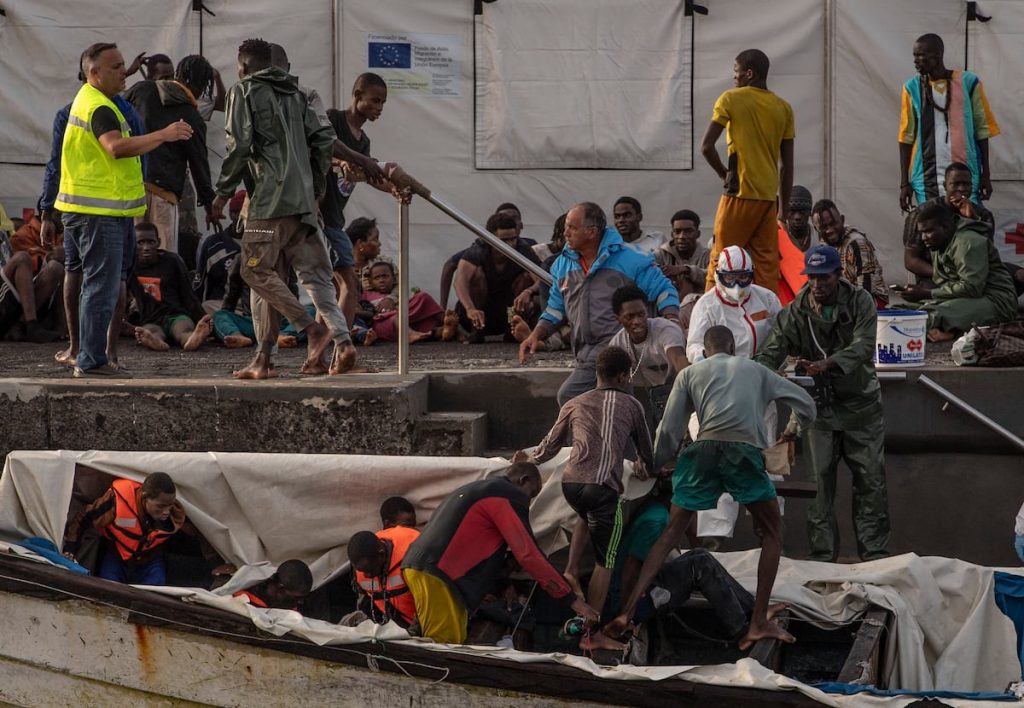The Superior Prosecutor’s Office of the Canary Islands is clear that the new protocol from the Canary Islands government, which conditions the reception of migrant minors on a series of procedures that would require keeping children in police custody for hours or even days, should not be applied. The decree issued by the Prosecutor’s Office on Friday considers that the new rules discriminate against minors who arrive on the islands on a boat. The protocol requires various requirements for the community to receive a minor migrant who is alone in the islands, mainly involving the National Police, delaying the entry of the child into a suitable reception center. The police sources believe these rules are unfeasible in emergency situations such as those that occur when a boat arrives. With the arrival of new boats carrying migrants to the islands, the need for immediate action is emphasized.
The application of the new requirements is seen as a delegation of competencies that are exclusive to the autonomous communities, and the protocol cannot impose obligations on actors who have not even signed it. The Prosecutor’s Office warns that failure to immediately receive the children would constitute a crime of abandonment. The crisis of hosting children and adolescents arriving on boats has led to a political crisis in the Canary Islands. The attempt by the Coalition Canaria to negotiate a change in the immigration law with the central government to compel communities to be more supportive in hosting failed, leading to growing anti-immigration sentiments from the right without a clear solution in sight.
After the public position of the Prosecutor’s Office on Friday, the Vice President of the Canary Islands, Manuel Domínguez, stated that the government would comply with the decree. The intention of the new protocol, according to Domínguez, is to ensure compliance with the law by changing the current method of handing over migrant minors from NGOs to an autonomous official (a police officer) with specific identification procedures. The decree reinforces the autonomy’s responsibility for protection, highlighting that in cases of urgency, there should be no procedural requirements, as stated in the Civil Code.
Each page of the decree represents a rejection of the initiative proposed by the Canary Islands Government. The Prosecutor’s Office argues against the premise that a child in police custody cannot be considered to be in distress, highlighting the vulnerable situation of unaccompanied foreign minors who must be protected by public administration. The excessive role attributed to the police and the lack of consideration for the impact on minors, especially when they are foreigners and alone, is questioned. The criteria for hearing the minor’s circumstances and family situation also clash with the alleged interest of the child, risking their safety.
The government’s position aligns with the Prosecutor’s Office’s view, with ministries meeting urgently to address the situation. The possibility of going to the Constitutional Court to clarify the competencies was discussed, and the Ministry of Youth committed to sending a legal report to the Prosecutor’s Office, arguing that the protocol violates children’s fundamental rights. The protocol is seen as limiting the protection of minors in the autonomous territory, prompting a legal and administrative response to address the situation.


